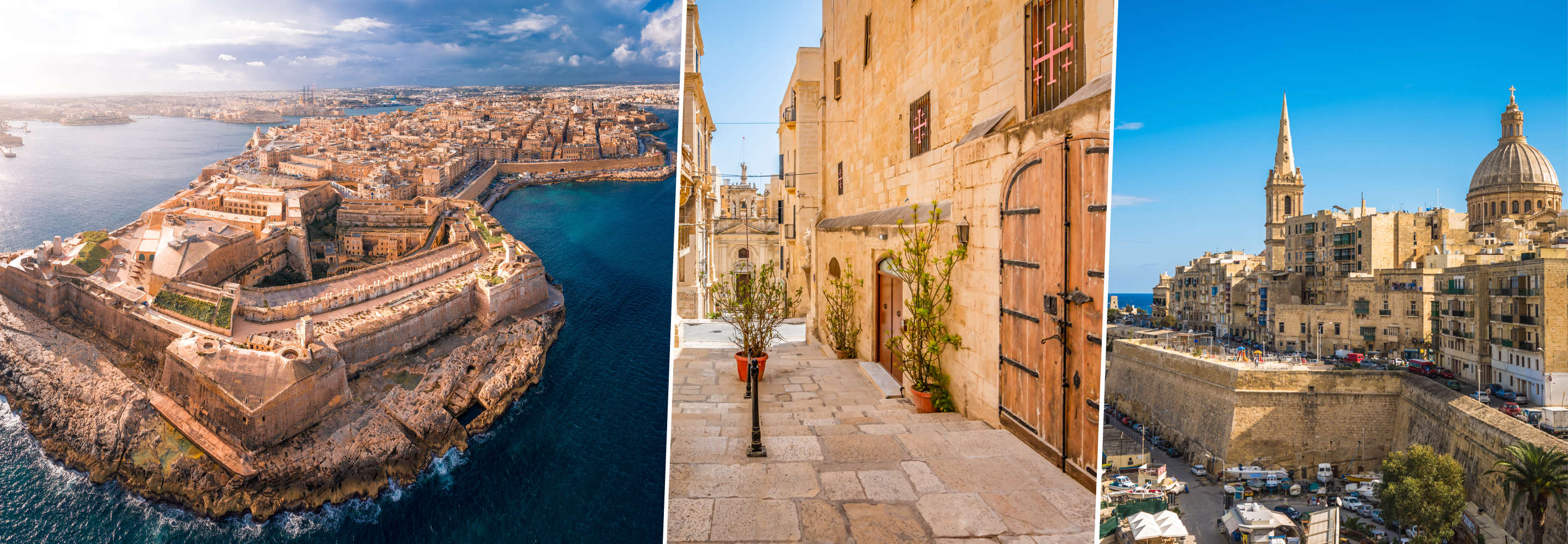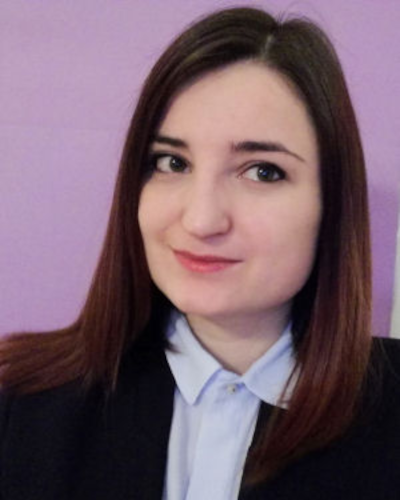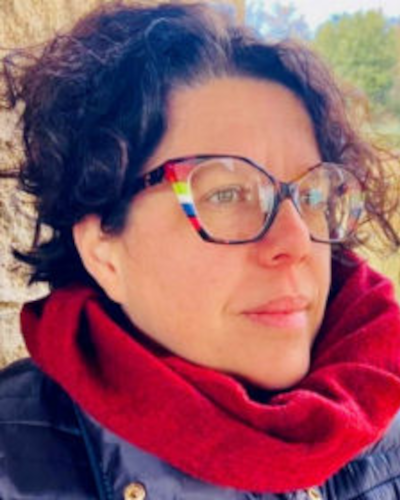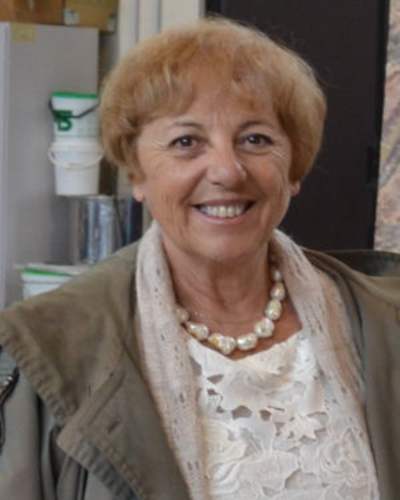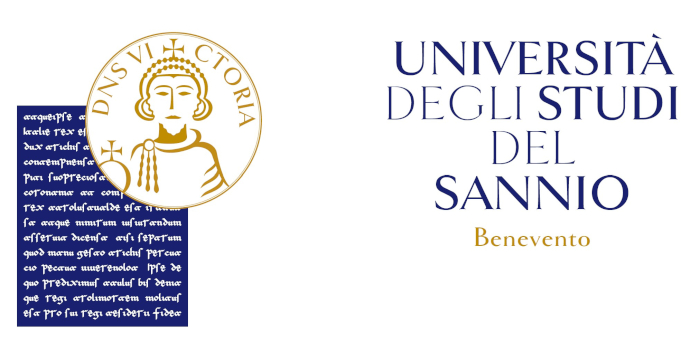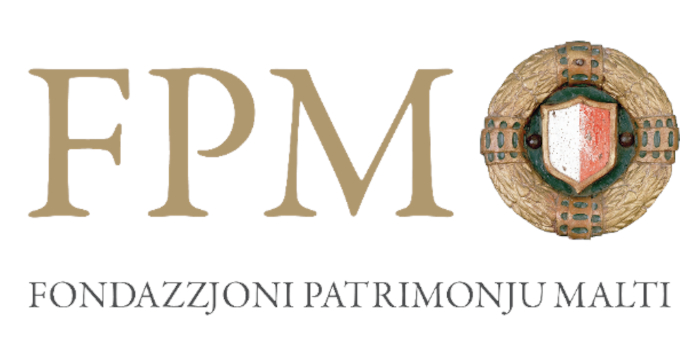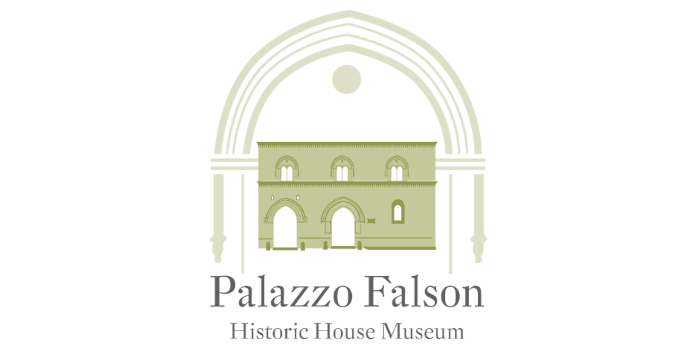SPECIAL SESSION #23
Advancements in Chromatographic and Mass Spectrometric Techniques for Cultural Heritage Studies
ORGANIZED BY
Federica Nardella
University of Pisa, Italy
Erika Ribechini
University of Pisa, Italy
Maria Perla Colombini
University of Pisa, Italy
ABSTRACT
Chromatography and mass spectrometry have emerged as essential tools for studying organic materials in cultural heritage offering insight into artifacts, artworks, and archaeological objects. This special session explores the latest advancements, challenges, and applications of these techniques in the analysis of organic compounds within cultural heritage contexts.
The session invites researchers, scientists, conservators, and professionals from diverse disciplines to present their work on method development, instrumentation, data analysis, and case studies about the characterization and identification of organic materials in cultural heritage. Additionally, the session welcomes contributions addressing degradation processes and preservation strategies.
A wide range of organic materials will be considered, including natural and synthetic polymers, organic colorants and binders, adhesives and coatings, wood, and textiles.
This session aims to foster discussions, collaborations, and knowledge exchange among experts in the field, ultimately advancing the analytical capabilities in cultural heritage studies. Researchers are encouraged to submit abstracts for oral presentations or posters to contribute to the enrichment of this vital area of research.
ABOUT THE ORGANIZERS
Federica Nardella, graduated cum laude in 2017 with a thesis on “Characterization of bituminous materials in archaeological samples by chromatographic, spectroscopic and thermoanalytical techniques”. She completed her PhD in 2022 with a thesis entitled “Analytical pyrolysis for the study of complex mixtures of natural and synthetic polymers”. During her master and PhD, she worked with different analytical approaches based on Py-GC/MS, GC/MS and LC-MS. Her current research deals with the study of organic residues in archaeological ceramics.
Erika Ribechini, is full Professor in Analytical Chemistry at the Department of Chemistry of the University of Pisa. She received her PhD in Chemical Sciences in 2006 from the University of Pisa. Her research activity concerns the development of analytical procedures based on chromatography and mass spectrometry for the study and the characterisation of organic natural substances from complex samples such as those collected from archaeological findings and works of art. In addition, her research also deals with the development of tools mainly based on analytical pyrolysis and mass spectrometry (Py-GC/MS, EGA-MS) to characterise lignocellulosic biomass and to study its reactivity under pyrolysis conditions.
Maria Perla Colombini, is a emeritus Professor of Analytical Chemistry at the Department of Chemistry and Industrial Chemistry of Pisa University (Italy) retired in September 2021, and in the period 2013-2017 she was the Director of the Institute for Conservation and Valorization of Cultural Heritage of CNR. Her main research lines are related to the development of innovative eco-friendly methodologies for the diagnosis and conservation of painted and wooden artefacts of archaeological, historical and artistic value; to the understanding the long-term behavior of organic materials systems in paintings and archaeological wood; to the implementation and application of integrated analytical methods for diagnosis of organic materials in cultural heritage; and to the development of protocols for Er:YAG laser cleaning of historical surfaces. A major concern of her research is the study of transformation of synthetic and natural polymers induced by ageing and environmental pollution by analytical pyrolysis (Py-GC-MS, DE-MS, EGA-MS). She is author of more than 350 scientific papers, four books and has given more than 400 lectures (>100 invited) at National and International Congresses. She has been the principal investigator of several national and international research projects for the safeguard of Cultural Heritage. Recognized her authority in the field of Chemistry of Cultural Heritage, she is called as an expert for consulting and as a member of committees for the protection of several important works of art.

